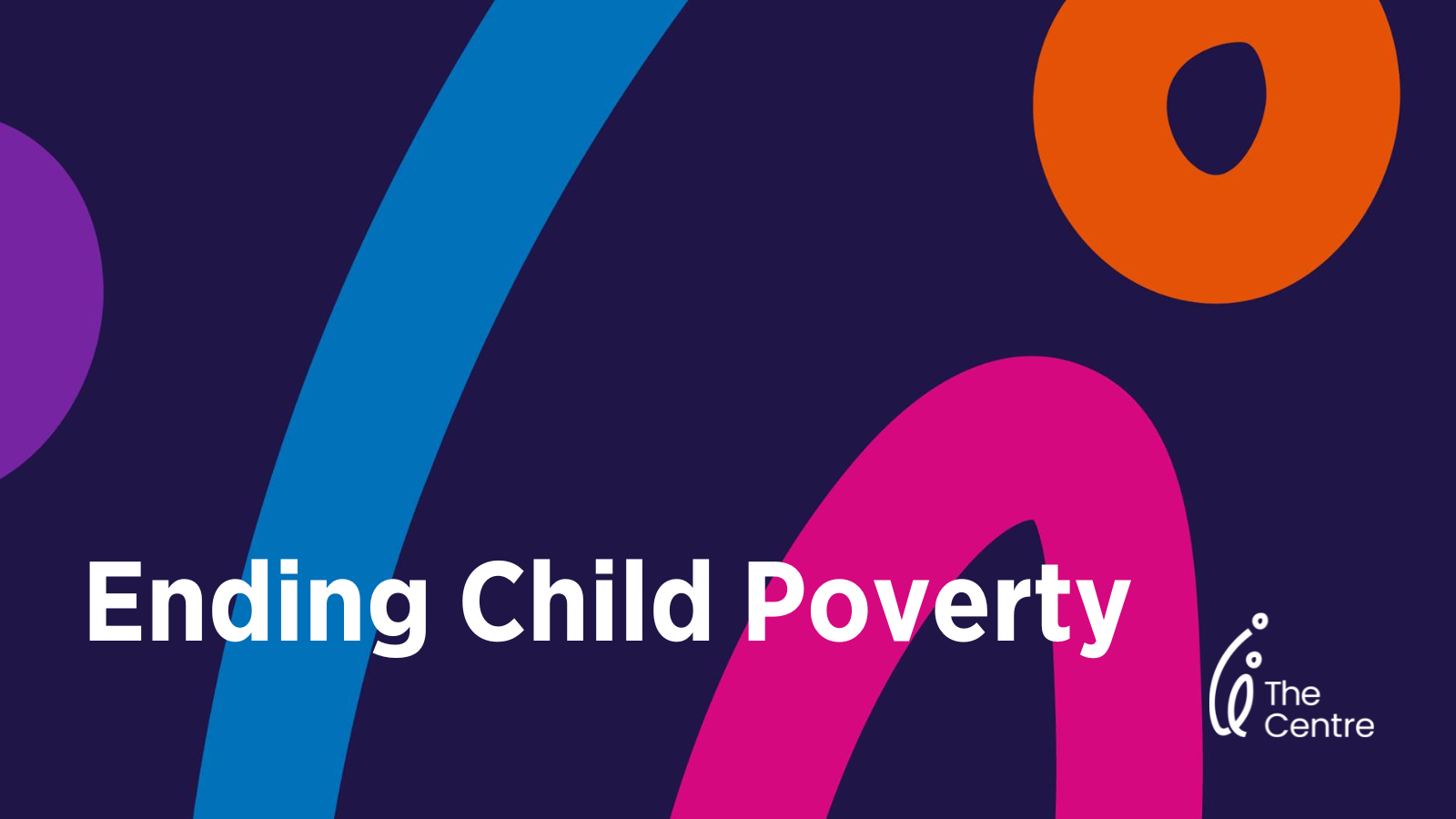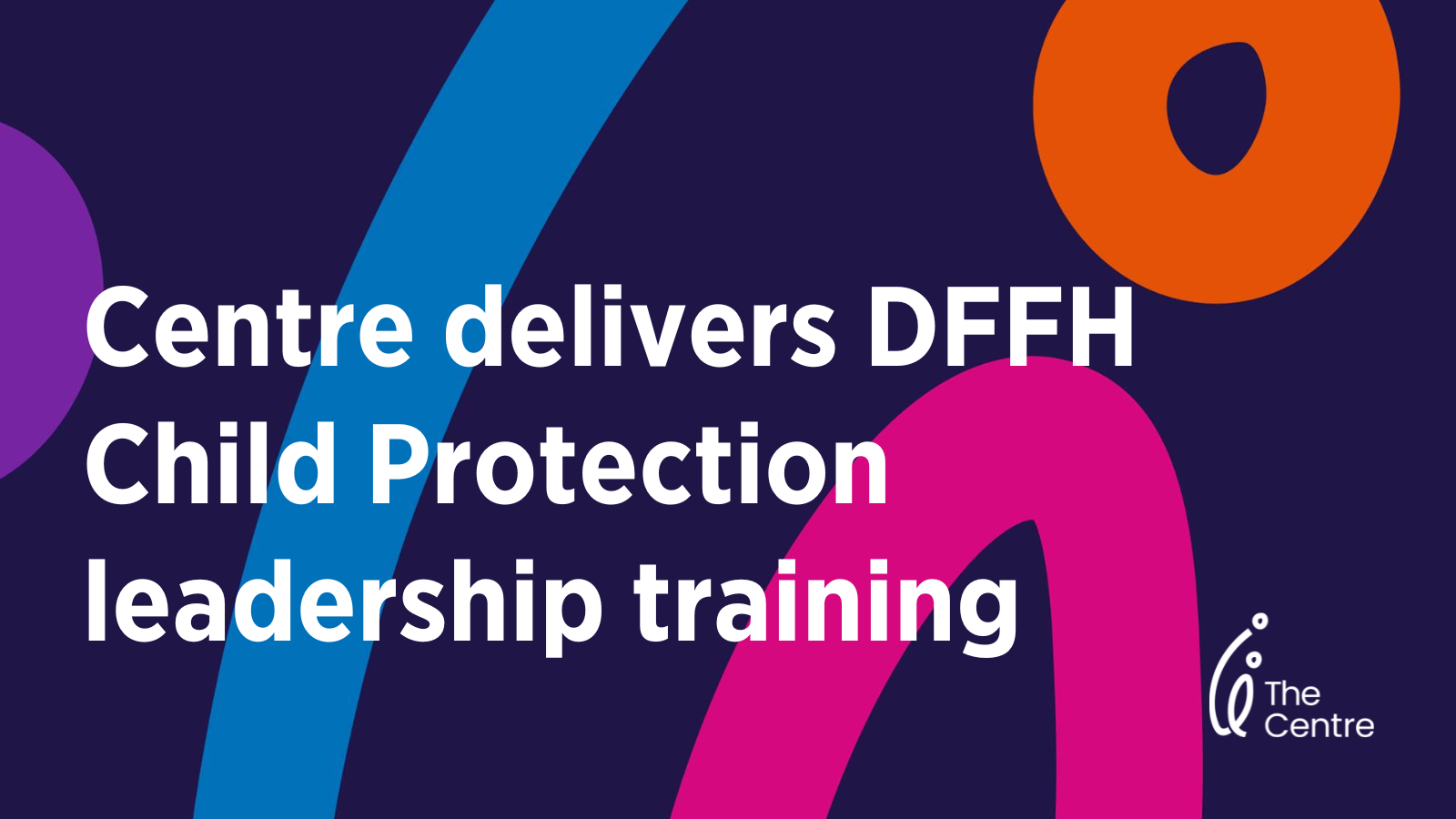Deb Tsorbaris
The first ever COAG National Summit on Reducing Violence against Women and their Children was held on October 28 in Brisbane. The purpose of the summit was to review progress and highlight best practice in government efforts to reduce violence against women and their children. The summit brought together leaders from the Commonwealth, State, Territory and local governments, experts in domestic and family violence, and leaders in the community sector and business.
It was an honour to be invited by Premier Daniel Andrews to attend as part of the Victorian contingent and highlighted the value of our sector being part of these conversations about family violence.
My focus at the summit was to make sure that the children remain central to any strategies to address violence against women, their unique experiences of family violence and particular needs are recognised, and they are supported to recognise and disclose violence, seek assistance and heal from trauma.
As we know all too well, family violence is one of the most common factors in notifications to child protection; in some cases up to 70 percent of child protection notifications include family violence.[i]
We know that in Victoria children are present in approximately 35 percent of family violence incidents.[ii] Recent reports show that 88 per cent of Aboriginal children in out of home care in Victoria have experienced family violence.[iii]
Although children who have experienced family violence can demonstrate great resilience and later success despite living in situations of violence or adversity, we know that family violence has a significant impact on children and young people’s physical, emotional and mental wellbeing.
Therefore strategies to address family violence must also focus on strengthening universal and specialist services to make sure children and families get the support they need at the earliest possible time, thus preventing family violence, addressing mental illness or substance misuse, and reducing the likelihood of children being unsafe or taken into state care.
Investing in prevention and early intervention services for families, both early in a child’s life and early in the life of a problem, is the best way to build parenting capability, strengthen families, keep children safe and support their development.
The Third Action Plan (2016-2019) of the National Plan to Reduce Violence against Women and their Children 2010-2022 was launched at the Summit. It sets out 36 actions to be undertaken as part of six priority areas, the most relevant of which is priority five:
The key national actions for this priority include:
- Enhancing the capacity of the family law system to identify and respond to domestic, family and sexual violence.
- Improving interactions between the family law and child protection systems.
- Building the capacity of specialist and mainstream service providers to recognise and respond to the impacts of violence on children.
- Improving children’s safety through emerging technology by developing information for children who are exposed to, or at risk of, violence.
The Centre looks forward to working for the sec tor to achieve the actions under this priority.
[i] Commissioner for Children and Young People Tasmania. 2016. Children and young people’s unique experiences of family violence. p4. (link http://www.childcomm.tas.gov.au/wp-content/uploads/2016/09/CCYP_FVR_21Sept2016_web.pdf )
[ii] State of Victoria (2016) Royal Commission into Family Violence: Report and Recommendations. Victoria.
[iii] Commission for Children and Young People Victoria. 2016. Always was, always will be Koori children. Systemic Inquiry into services provided to Aboriginal children and young people. (Link: http://www.ccyp.vic.gov.au/downloads/always-was-always-will-be-koori-children-inquiry-report-oct16.pdf )





